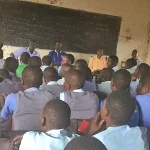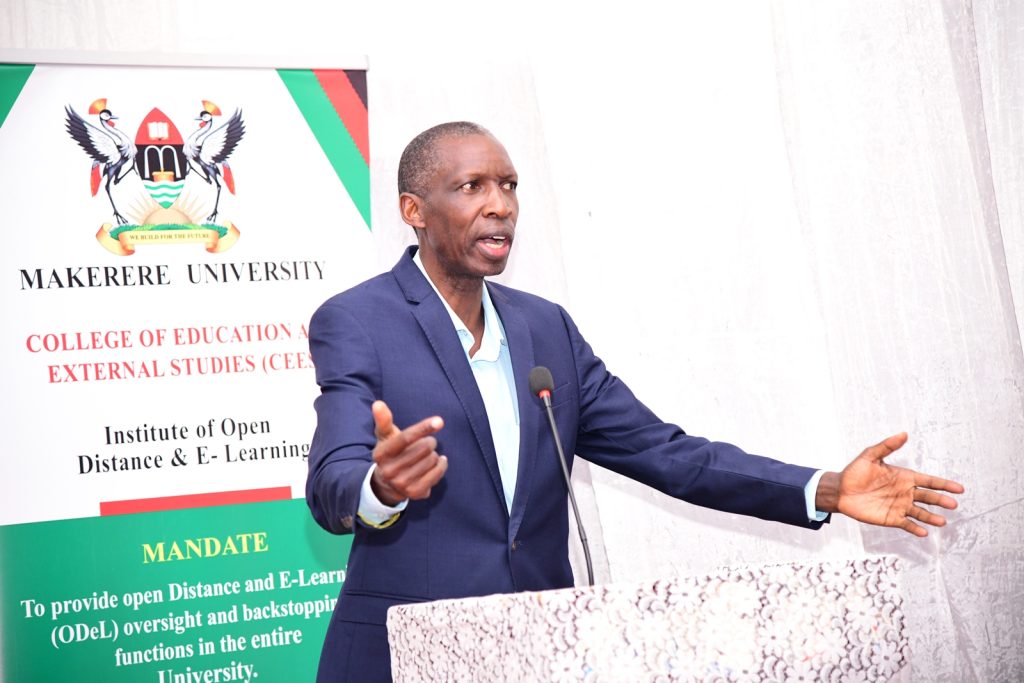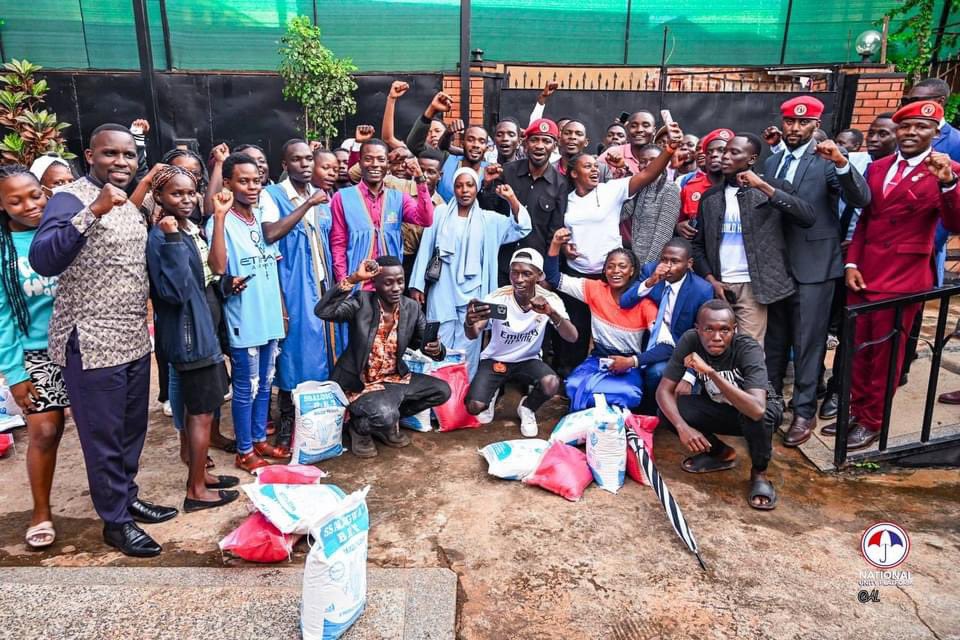Makerere University, once ranked 13th among Africa’s top universities and the highest-ranked institution outside of South Africa and Egypt, is taking measures to restore its standing. The university’s global ranking dropped to 17th in Africa as of July 2023, significantly impacting its reputation. To counter this decline, Makerere is seeking accreditation for two of its key programs through the Inter-University Council for East Africa (IUCEA).
The two programs under consideration for accreditation are a Ph.D. in plant breeding and biotechnology and a master’s degree in plant breeding and seed systems. These programs receive support from the Makerere University Regional Centre for Crop Improvement (MaRCCI) and the World Bank. Makerere’s ranking has suffered due to various factors, including issues related to teaching and learning, research, international collaborations, and income from industry.
According to Dr. Cyprian Misinde, the Director of Quality Assurance at Makerere University, addressing these challenges is crucial to improving the university’s ranking. Measures are being implemented to enhance the graduate training process, such as the introduction of a graduate care system to track students’ progress from enrollment to completion. This approach aims to increase transparency, completion rates, and overall graduate training quality.
Dr. Misinde also highlighted the importance of positive feedback from students and graduates in influencing rankings. Fostering internationalization by attracting more international students and faculty and developing strategies for internationalizing courses is another priority for the university.
The efforts to regain lost ground are being driven, in part, by MaRCCI, one of four centers of excellence established with support from the World Bank. MaRCCI focuses on building human capital to advance agricultural development in the region, emphasizing research and innovation in agriculture. The center has invested in research lab facilities, disease-resistant crop varieties, and training programs for both master’s and Ph.D. students.
The accreditation of MaRCCI programs regionally through the Inter-University Council for East Africa is a significant step. If successful, these programs will be the first to receive regional accreditation since the protocol was introduced. The university aims to attract recognition from the East African community and continue training manpower for agricultural development.




















